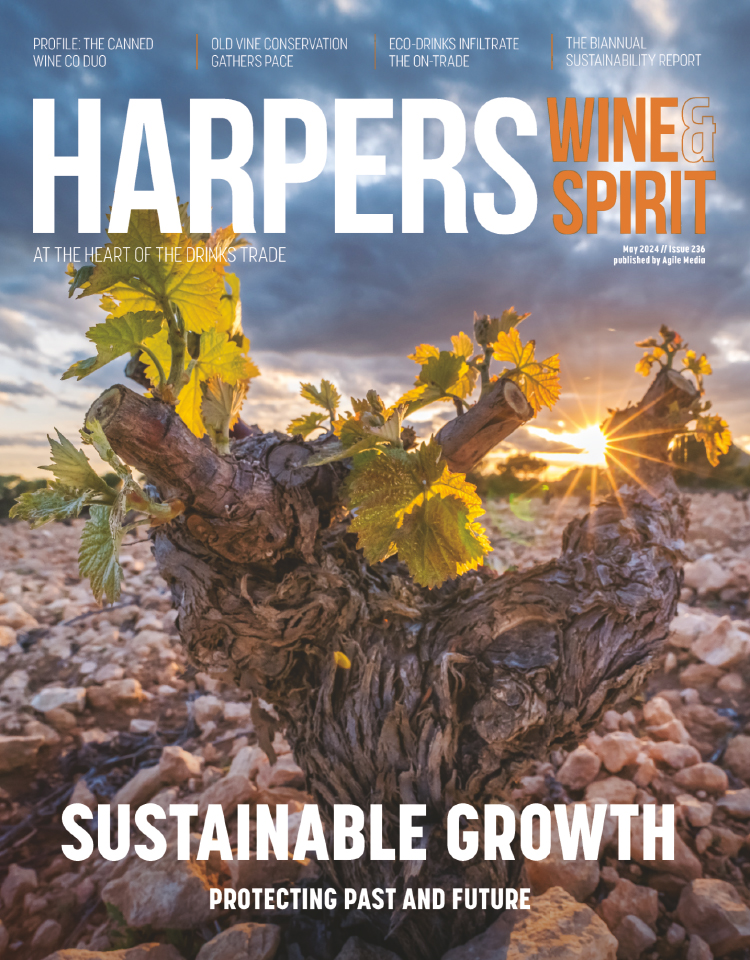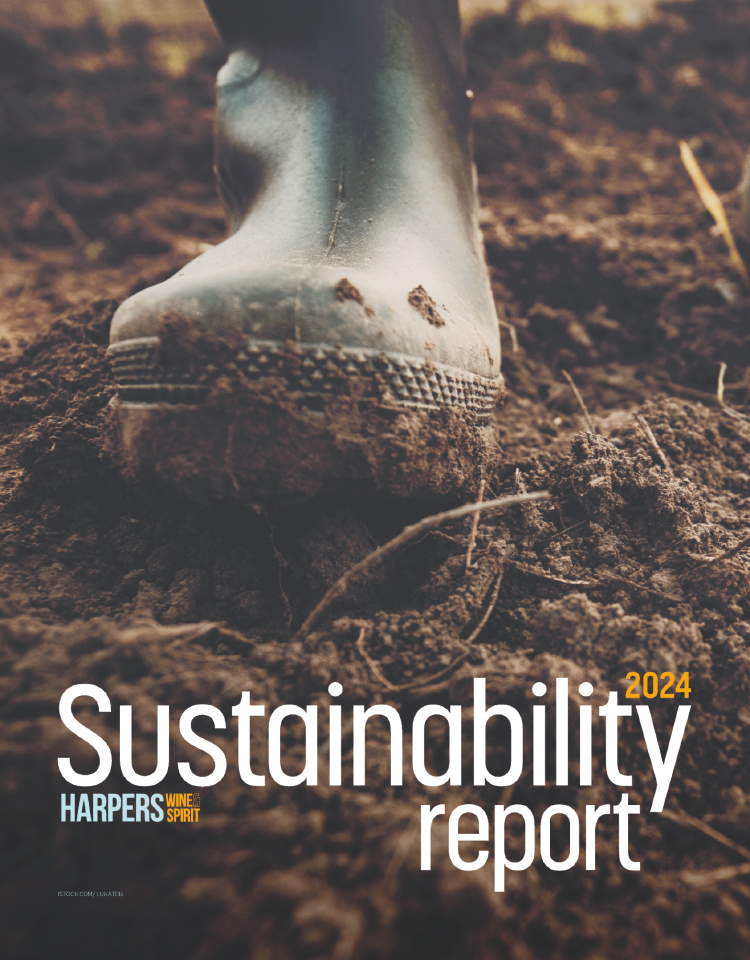Report author calls for crackdown on alcohol sales online
The author of a report into young people buying alcohol online has called for a taskforce to be set up to better regulate how age checks are carried out, and says the government "ought to look into" the matter.
The author of a report into young people buying alcohol online has called for a taskforce to be set up to better regulate how age checks are carried out, and says the government "ought to look into" the matter.
Smaller stores are particularly open to abuse, as they may use third party couriers and lack the robust age-check policies or their larger counterparts.
Dr Adrian Barton, author of "Checked out: the role of ID checks in controlling underage drinking", told Harpers that supermarkets, convenience stores, pubs and clubs were doing "really well" in terms of age checks in stores - they increased from 55 to 71%. As a result ony 4% of underage drinkers would try to buy through a major retailer now, he said. "This is really positive, but the downside is they're now turning to other sources," said Barton. Almost 90% of those looking to obtain alcohol while underage would go down the proxy purchasing route, while "there's also a move towards online purchasing", he said.
Major retailers have clear policies that if alcohol is included with deliveries, the person who opens the door will be asked for ID if under 25. "We assume that drivers have been trained in age checking," added Barton. But smaller retailers don't have clear policies, and it's uncertain whether the responsibility lies with the retailer or "the person dlivering, who may be a third party courier or casual worker." "I have no idea if these people are trained to age check - and that's an area young people are continuing to exploit."
What's more Barton said there was a trend for retailers to ask for ID where the products being bought are associated with young people - such as RTDs, but if they choose other products, like wine, they may not be asked for proof of age.
Barton said: "We've called for a taskforce comprising Serve Legal, policy making bodies, young people and an independent adviser to evaluate what's happening."
"It's a very ambiguous area - I don't know for sure where the locus of responsibility lies - with the retailer or the delivery person?"
Previously the sector had argued that credit cards were already restricted to over-18s, but Barton pointed out that credit cards aren't solely used for this type of transaction, adding that "remotely, you've got no idea who's using them". But purchases can also be made via pre-paid cards, which are popular with younger people, said Barton.
He added that the government "ought to look into this". "The generation we're talking about are very adept at using the internet - to assume they're not using it to access age-restricted products is at best naive."
Director of Serve Legal Ed Heaver, who commissioned the report, said: "The battleground is changing in the fight against underage drinking - online retailers need to take heed of this warning and improve their age-checking procedures."
Gavin Partington, of the Wine & Spirit Trade Association, said the "rigorous application" of Challenge 25 had led to a "significant reduction" in attempted underage purchases. But, he said that proxy purchasing was a a "challenging area" and one of "continuing concern", especially since a large number of young people were obtaining alcohol via their parents.
"I know it's a common assertion that it's easy for young people to buy alcohol online - but the have to register for an account, tick a box saying they're over-18, and use a credit or debit card. Also, at the time of delivery most major retailers require photographic ID."
He added that he "wasn't convinced" that a lot of young people would be going online evade ID check in order to buy wine. "It seems unlikely," he added.
Partington did not belive a taskforce would change methods already being used by retailers, or introduce tougher measures than those already applied by major retailers.
Rather, Partington said that the bigger challenge was "how do we have a more robust system for ensuring people don't access products or materials they shouldn't as they're under-18. I don't readily know the answers - but it goes far beyond the alcohol industry."







